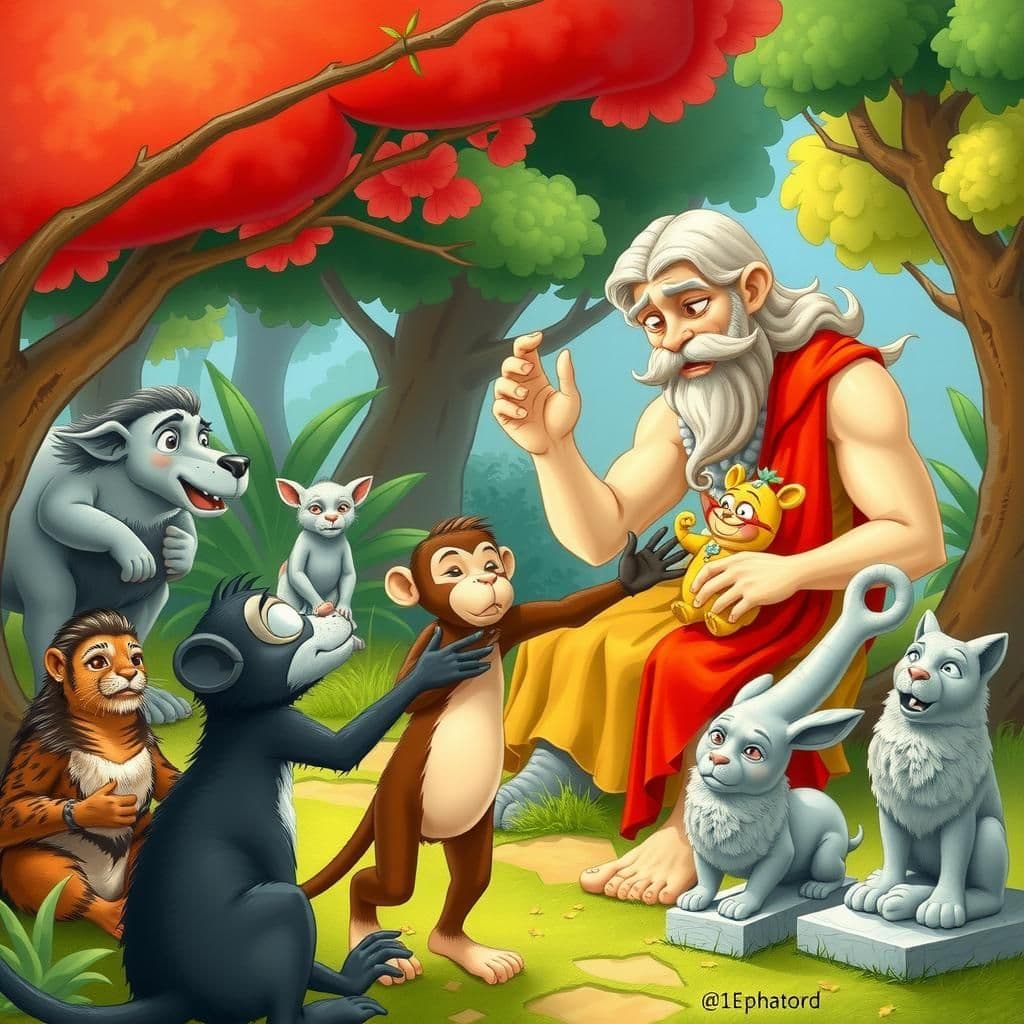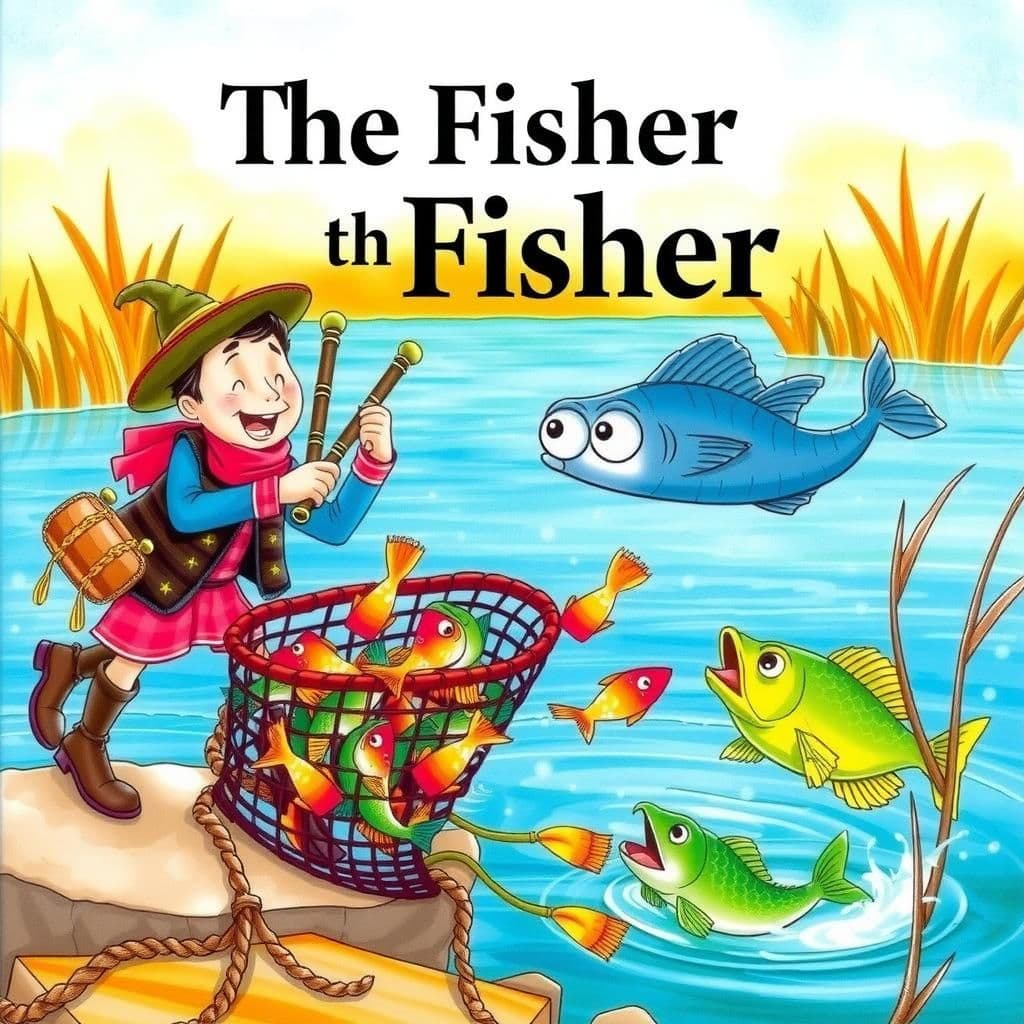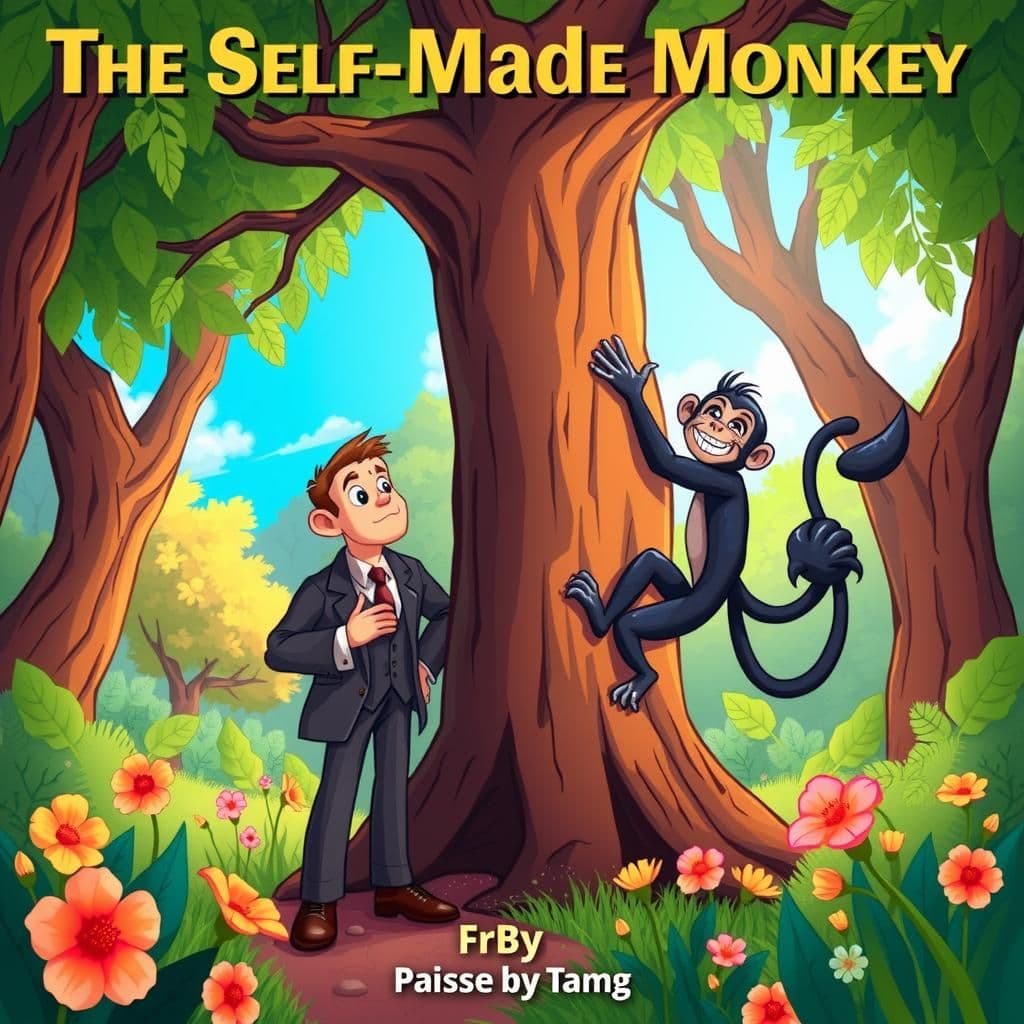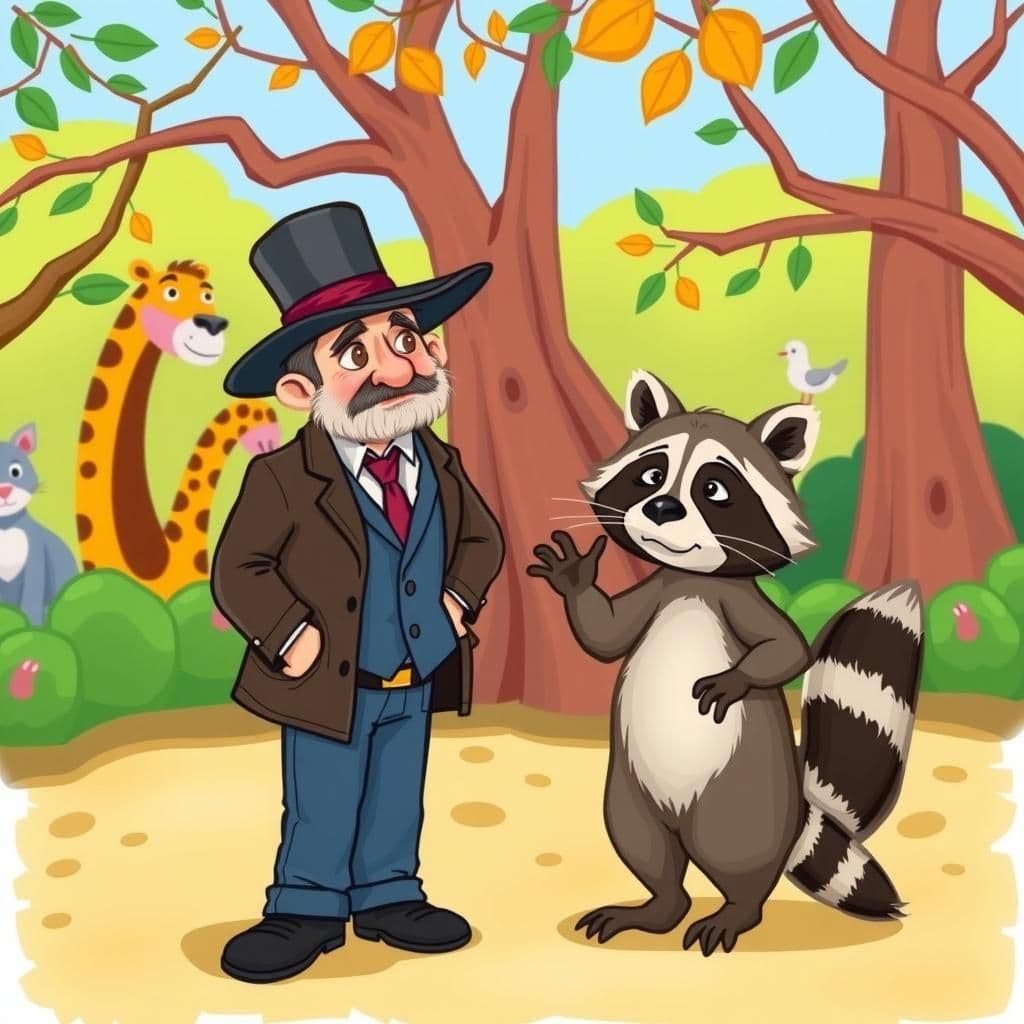Jupiter and the Baby Show
In "Jupiter and the Baby Show," a clever Monkey enters her unattractive cub in a competition hosted by Jupiter, who initially mocks the cub's appearance. However, the Monkey turns the tables by highlighting the flaws in Jupiter's own offspring depicted in antique sculptures, prompting Jupiter to award her the first prize to avoid embarrassment. This impactful moral story emphasizes the value of humility and the importance of recognizing one's own imperfections, making it a noteworthy addition to short story collections with moral lessons.

Reveal Moral
"The moral of the story is that one should not be quick to judge others, as everyone has flaws, including oneself."
You May Also Like

The Fisher
In this short story with moral, a Fisher uses his bagpipes in an attempt to attract fish, but initially fails until he captures them in a net. Once caught, the fish leap in response to his music, leading an old fish to remark that they only dance because they are now under the Fisher's control. This tale serves as a reminder of the power dynamics in folklore and moral stories, illustrating that when one is in another's power, compliance becomes necessary.

The Self-Made Monkey
In this short moral tale, a humble man in a high political office boasts about being a self-made man to a Monkey he encounters in the forest. The Monkey challenges his claim by demonstrating self-creation in a humorous way, ultimately conveying that merely being self-made does not constitute true achievement. This meaningful story imparts a simple lesson about the distinction between self-creation and genuine accomplishment, highlighting the value of humility and recognition of true merit.

The Alderman and the Raccoon
In "The Alderman and the Raccoon," an Alderman at a zoo remarks on the Raccoon's tail rings, prompting the clever Raccoon to hint at the meaningful stories behind the Alderman's own reputation. Uncomfortable with the comparison, the Alderman retreats and ultimately decides to steal a camel, illustrating the simple lessons from stories that often reveal deeper truths. This short tale is part of a collection of moral stories written to provoke thought and reflection.